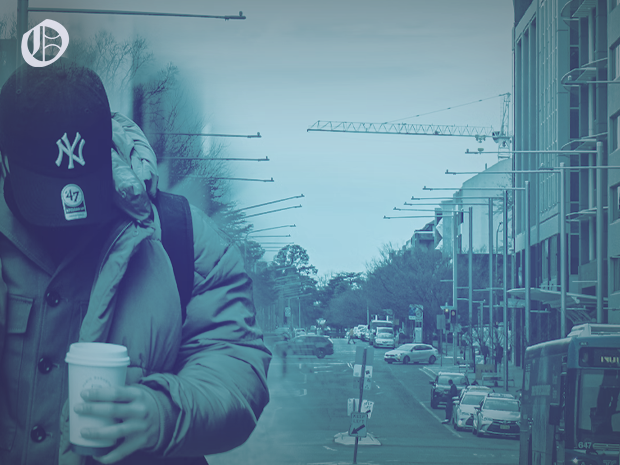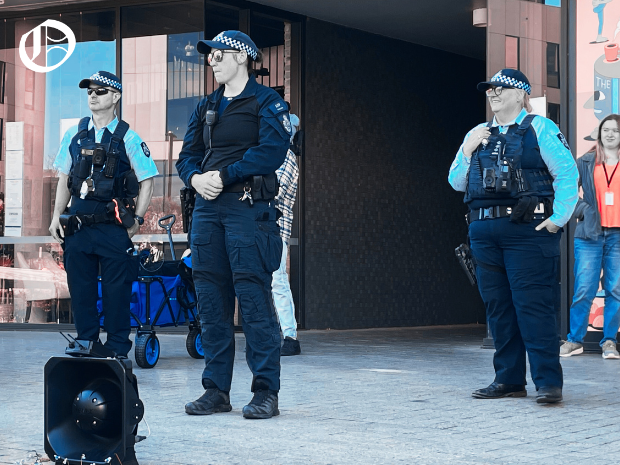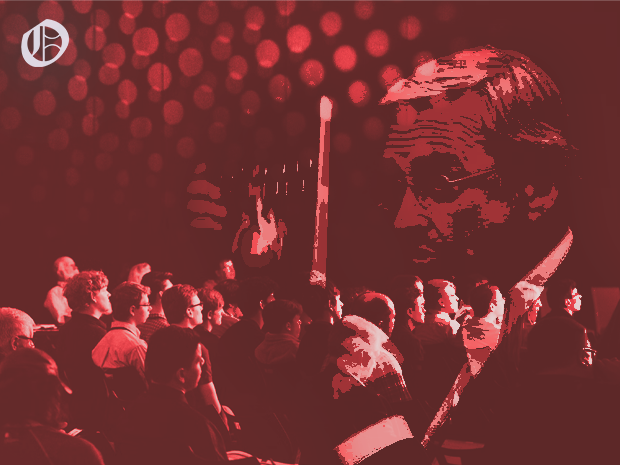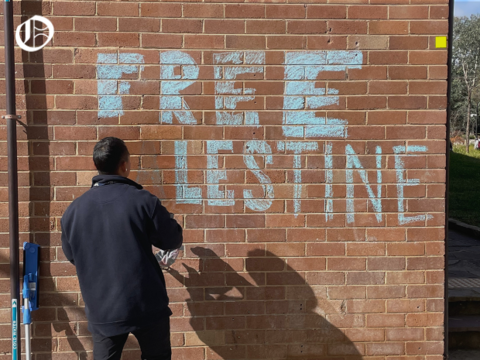Protecting Tomorrow From Today: How ANU academics and students are working to help safeguard future generations
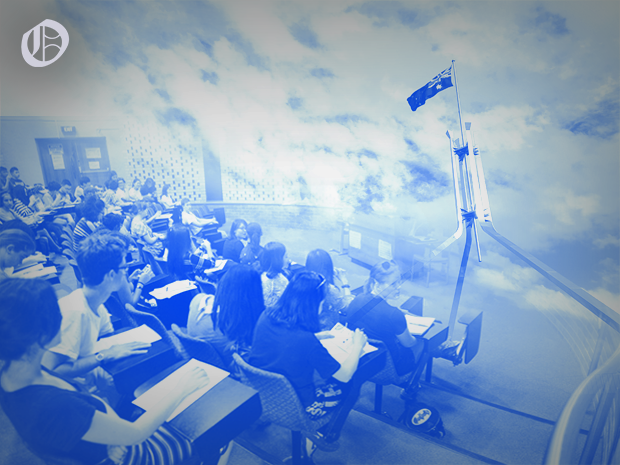
Written by Finn Slattery-O’Brien
In the most recent chapter of ongoing youth climate action, ANU professors have testified to a Senate inquiry on the potential future impacts of climate change on young people, their environment, and their physical and mental health.
As part of Independent Senator for Canberra, David Pocock’s ‘Duty of Care Bill’, this inquiry into future impacts of climate change arose out of the 2020 Federal Court case Sharma v Minister for the Environment, in which current ANU student Anjali Sharma was notably the principal litigant.
In this case, Sharma and eight other young people attempted to sue the then-Federal Minister for the Environment, Sussan Ley, for a breach of a ‘duty of care’ towards future generations regarding what the plaintiffs argued was irresponsible climate policy, specifically seeking a court injunction to block a coal project.
Although the action was unsuccessful, Chief Justice Allsop ultimately believed that it was not the responsibility of the courts to enshrine such safeguards in law, but rather that “it is one of core…policy-making for the Executive and Parliament”. Accordingly, and in association with Sharma, Senator Pocock has brought the issue to the legislature with the hope of achieving what the courts could not.
The bill seeks to amend existing legislation to ensure responsible environmental policies are firmly established in law. The bill’s main aim is to “require that decision makers consider the impact of decisions that could harm the climate on the health and wellbeing of current and future children.”
As part of the creation of the bill, a group of ANU professors from a diverse range of potentially affected areas gave evidence to Senator Pocock in late February of 2024 . All were members of the Canberra-based Institute for Climate, Energy and Disaster Solutions (ICEDS) and included Professor Mark Howden, Professor Hilary Bambrick and Associate Professor Emma Aisbett. Testifying alongside them was current ANU student and youth representative Hannah Vardy.
One of the more significant findings and recommendations was given by Associate Professor Aisbett who told the inquiry, “new fossil fuel projects are incompatible with keeping warming below 1.5 degrees.”
The significance of this target in particular, according to an interview with Professor Bambrick, is unique to Australia. She emphasised that while the global average rise in temperature is around 1.2 degrees, because of Australia’s “big landmass” we experience more heat exposure and are already exceeding global averages. Such “tipping points” are dangerous steps as they can facilitate “runaway climate change”; a crisis which gets more and more difficult to rectify.
Professor Bambrick also stated that younger generations will mostly experience the impact of the climate crisis that necessitates the bill, but also that many young people “don’t actually have a say in democracy” given that decisions being made now will affect them directly. The bill seeks to safeguard all young people moving forward, so it is important it recognises that young children are those most likely to be vulnerable to the climate impacts of fossil fuel emissions, as they have “less temperature regulation”.
Professor Bambrick would also like to see a model of government legislation similar to that implemented in Wales in 2015, which safeguards future generations not just from decisions pertaining to the climate crisis, but all government decisions.
Overall, ANU’s professors’ contribution to the inquiry emphasised how this legislation remains important to fix legal policy issues that remain in the current environmental policy landscape, while also highlighting the need to keep the safety and well-being of future generations front of mind in our parliament.
The bill remains in motion in the Senate.
Graphics by: Luc Mattiske
Know something we don’t know? Email [email protected] or use our anonymous tip submission.
If you have an issue with this article, or a correction to make, you can contact us at [email protected], submit a formal dispute, or angry react the Facebook post.
Want to get involved? You can write articles, photograph, livestream or do web support. We’re also looking for someone to yell “extra!” outside Davey Lodge at 1AM. Apply today!
